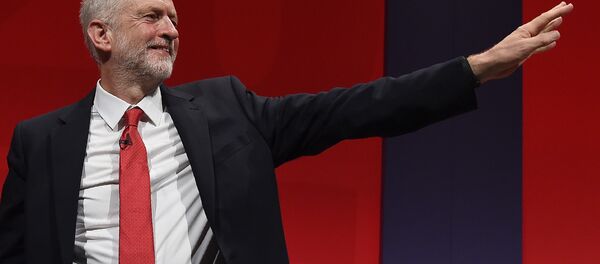Professor John Curtice, a renowned psephologist from the University of Strathclyde and Dr. Ben Williams, lecturer in politics at the University of Salford join the program.
Host John Harrison suggests that the reason why so many people seem to indicate that they will support Labour's policies could be because the middle classes are now beginning to come round to thinking that perhaps such policies are right. Dr. Williams says that many middle-class voters; those who commute regularly, for example, are all for re-nationalization, at least of the railways. Professor Curtice supports this argument, saying that many middle-class commuters in the London area are dissatisfied with the services they receive, they also support the idea of free education, and they are also facing higher energy bills like everybody else.
As to why a general election was called in the first place, Professor Curtice indicates that Theresa May needs a stronger position within parliament to handle differences within her own Party about Brexit. The point is made that the Conservative Party is, and always has always been very concerned with Party Unity, and in this context, Theresa May is much more prepared to make massive U-turns in policy than the current Labour leadership. A large parliamentary majority is very important for Theresa May, as Professor Curtice points out, even if she wins a large majority, upcoming boundary changes will reduce the number of conservative MP's in parliament.
As a conclusion on whether the ComRes survey discussed in this program means anything as far as the election results are concerned, Professor Curtice says: probably not, as the Labour Party needs to do is to sell its people not its ideas. Dr. Williams says that the Labour Party is doing well in appealing to its own members but not to the wider population, therefore it seems unlikely it will be able to reduce the Conservative Party's present lead significantly.
Other issues discussed include the young vote and the politicization of the "divorce bill" settlement that Britain will now have to pay the EU. The election is not yet over, and election results cannot be predicted, however, this program perhaps provides some food for thought.
We'd love to get your feedback at radio@sputniknews.com.
Have you heard the news? Sign up to our Telegram channel and we'll keep you up to speed!


